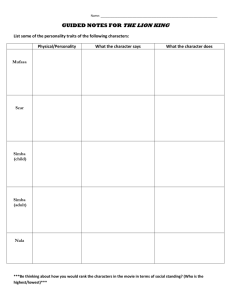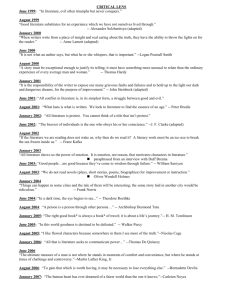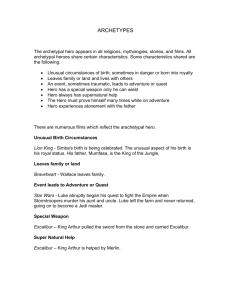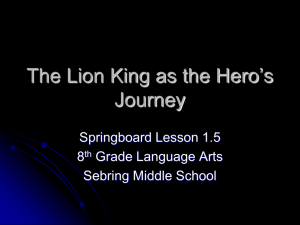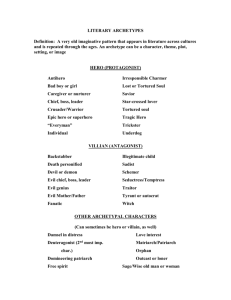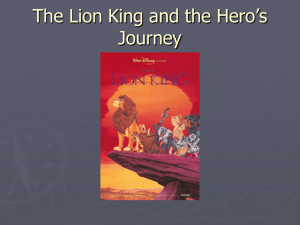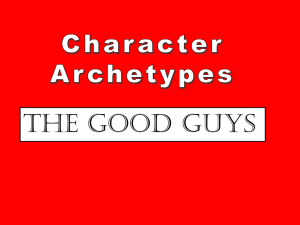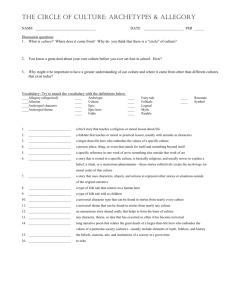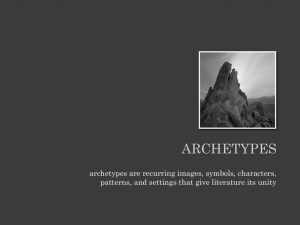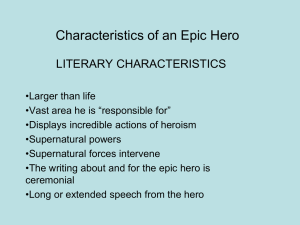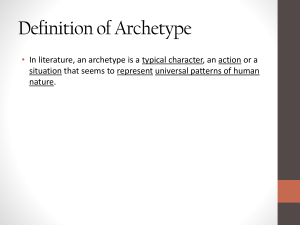Character Descriptions
advertisement
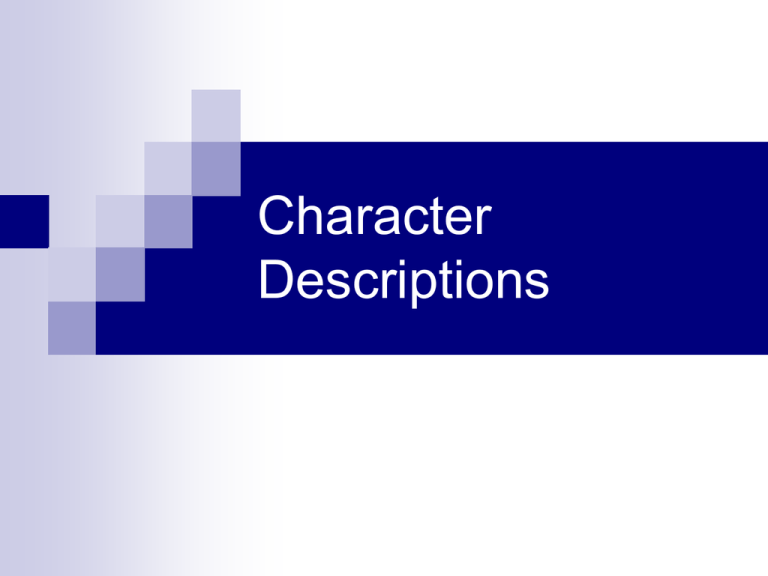
Character Descriptions Descriptive Pairs Round or Flat Static or Dynamic Flat Characters one-dimensional one-sided—we only see one side of his or her personality; lack depth often stereotypical (can often be “stock” characters) Ex. the villain who is evil throughout the story: we never see anything redeeming in his or her character Ex. the hero who is perfectly good throughout the story; we never see any faults The Seven Dwarves: Dopey, Sleepy, Bashful, Happy, Sneezy, Doc (Grumpy softens) Morality plays and allegories (characters that represent one of the Seven Deadlies) Round Character a character in whom the author reveals different and sometimes opposing traits We see different aspects of his or her personality Characters who most resemble real people (verisimilitude=life-likeness) Mixture of good and bad traits, often with conflicting feelings, values, principles, etc. Real people deal with internal conflicts Readers connect to round characters! Static Characters Stasis—remaining the same; unchanging Static character—one who does not change throughout the story Can be round or flat Ex. Nala (The Lion King)—is feisty and challenges Simba throughout the story; she does not go through any major changes in her character/personality (values, belief system, outlook on life, philosophy) Dynamic Characters Undergo a major change throughout the story Often in the way of values, morals, principles, worldview Ex. The Hero Initiation Separation/transformation/return cycle Transformation—the hero moves/changes from a state of immaturity to maturity Simba, Ebenezer Scrooge, etc. (anti-hero) Sweeney Todd—barber; good guy at the beginning of the story; is unjustly imprisoned; turns evil (becomes a serial killer) Syndrome (The Incredibles)—naïve super-fan; wants to be Mr. I’s sidekick; feels rejected; turns to evil Lt. Dan (Forrest Gump), The Grinch, Hancock, Bad Santa
